Categories
Products
-
Knee Arthroscopy Surgery Set 48 pieces
$1,499.99
Highlight
- New Arrivals
- Sale
Hot items
Description
Mosquito Forceps: Essential Dental Tools
Mosquito forceps are a specialized type of artery forceps, primarily used in medical procedures to control bleeding by clamping blood vessels, a technique known as hemostasis. These delicate, small forceps are designed to provide precise and secure control over small blood vessels, making them particularly useful in microsurgical procedures, such as in neurosurgery, plastic surgery, and other surgeries requiring fine tissue manipulation. The primary function of mosquito forceps is to temporarily occlude the blood flow through arteries, veins, or capillaries, preventing excessive bleeding during operations.
These instruments are equipped with a locking mechanism at the top of the jaws, which allows them to be secured in place without the need for constant manual pressure. This locking feature makes them ideal for maintaining control of a vessel or tissue while the surgeon continues to work without interruption. The jaws of the forceps are typically serrated, providing a firm grip on the tissue or vessel and ensuring that the forceps do not slip during the procedure.
Mosquito forceps come in various sizes, with the smallest ones commonly referred to as “miniature” or “fine” mosquito forceps, and are generally employed in delicate surgeries. Due to their compact size, they are well-suited for pediatric surgeries or areas where there is limited space.
While the term “forceps” is widely used for a variety of instruments designed to grasp and hold objects, mosquito forceps have a more specialized function compared to other types, such as those used in obstetrics or dentistry. They are generally more finely crafted and smaller than other artery forceps, making them ideal for precise tasks like handling small vessels or tissues that require a more delicate approach.
In addition to their application in surgery, mosquito forceps can be seen in other settings, such as veterinary practices or in laboratories where delicate dissection is required. Their design allows for versatile use, from the most common clinical procedures to intricate, specialized surgeries.




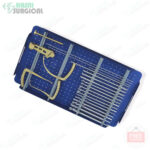
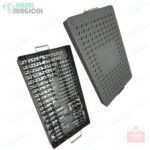
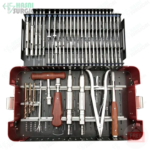
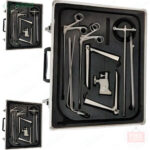


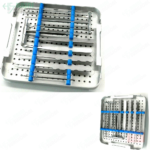
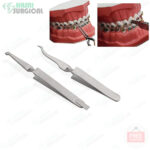
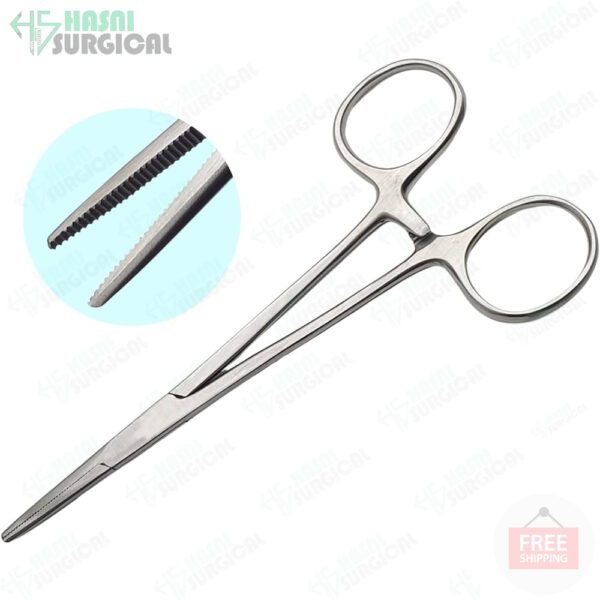
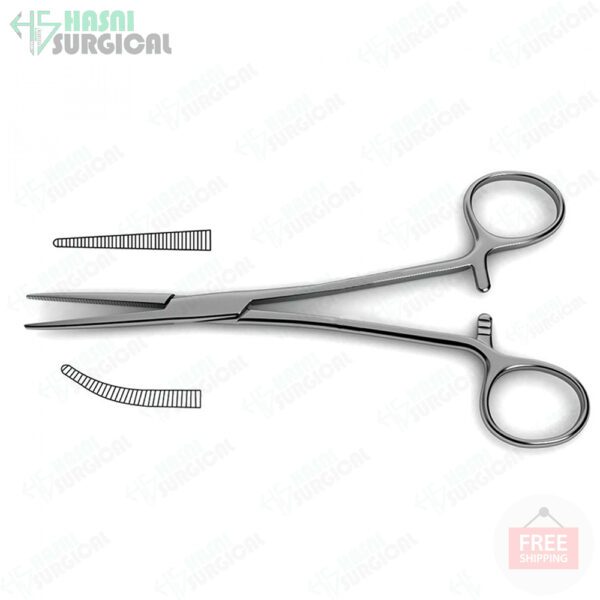
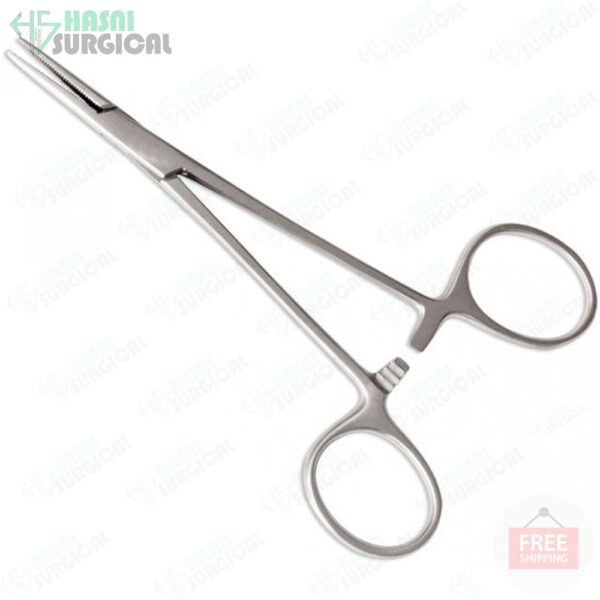
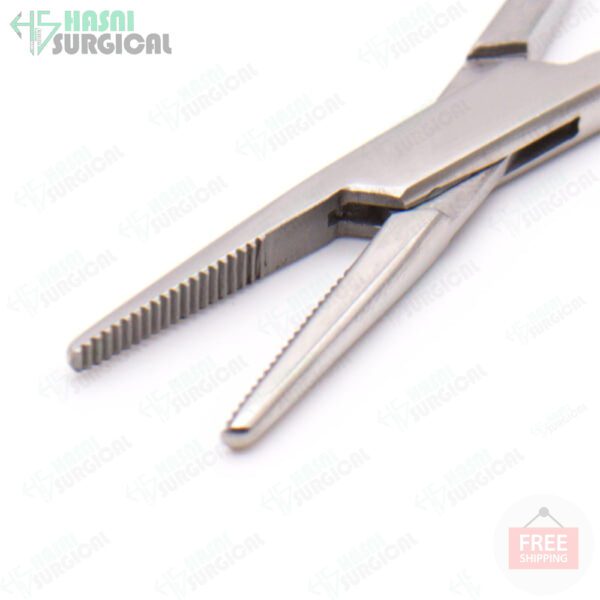
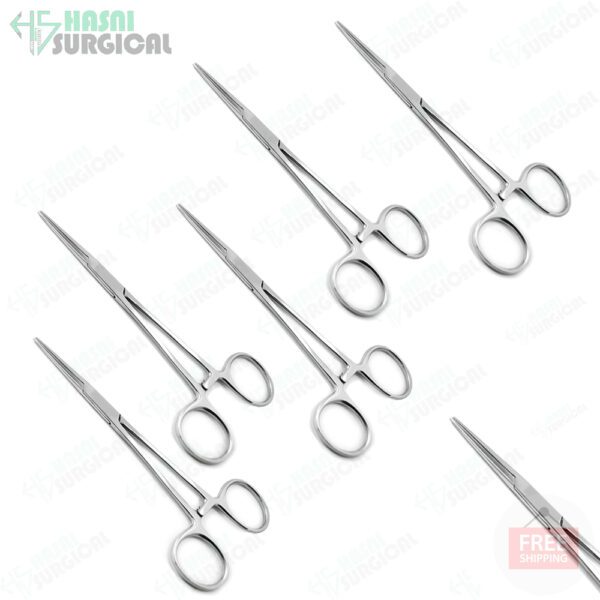
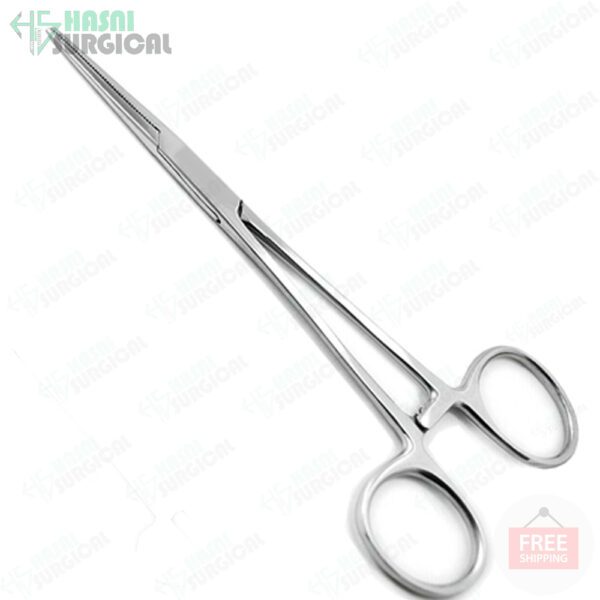

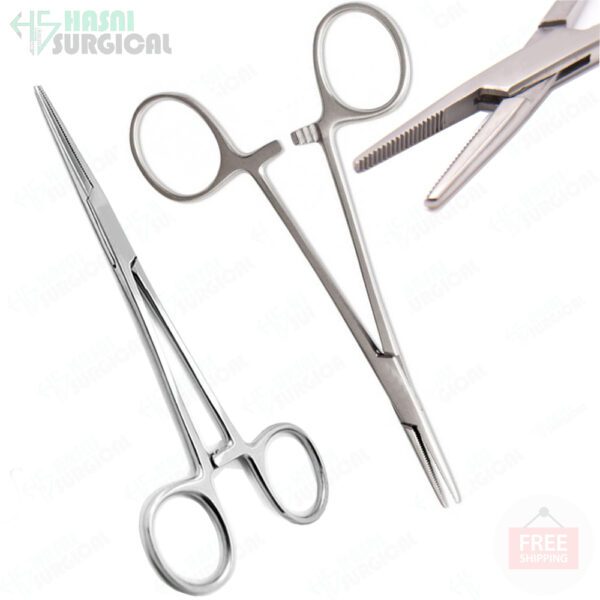

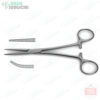


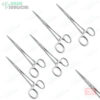
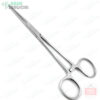
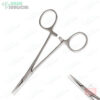
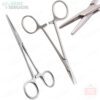
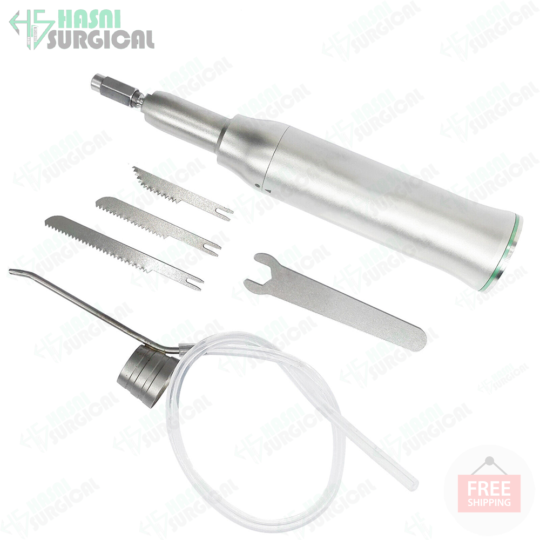

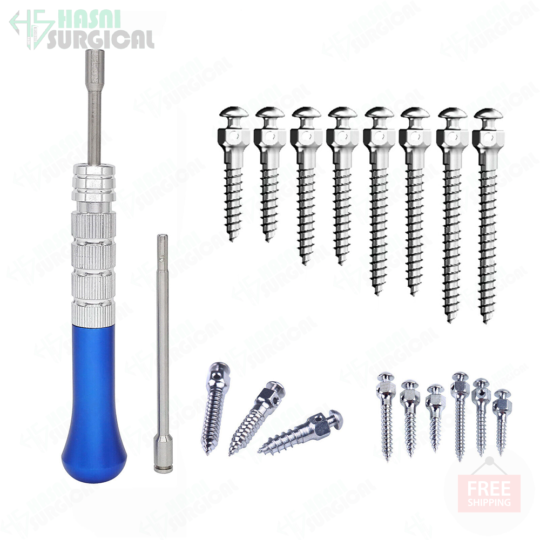
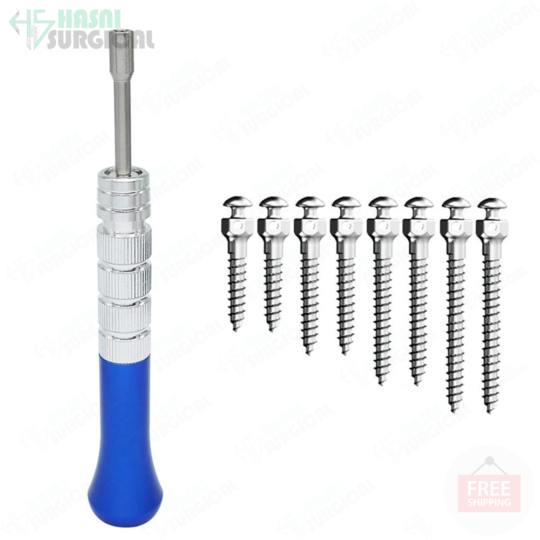
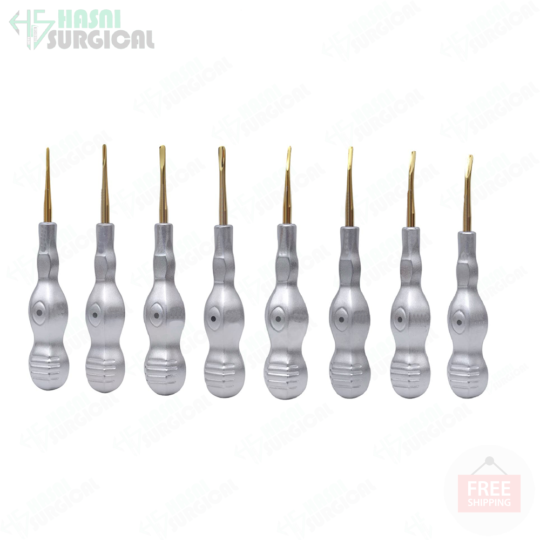
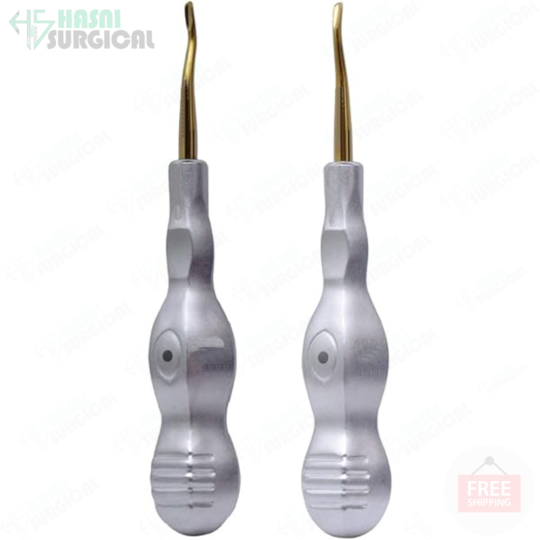

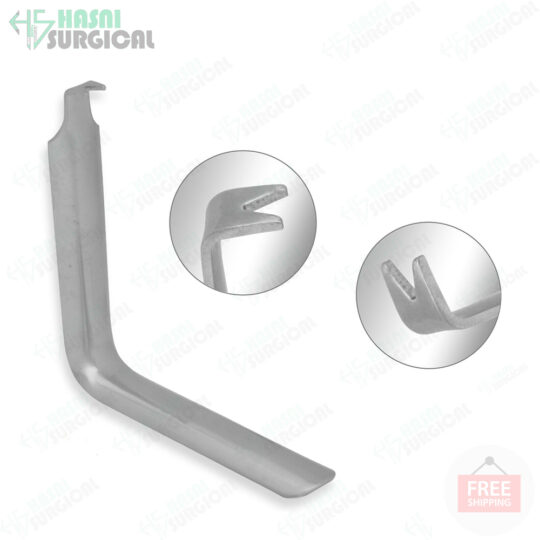
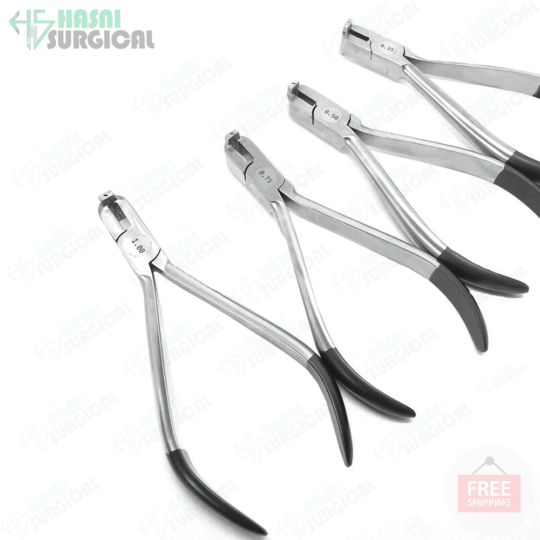
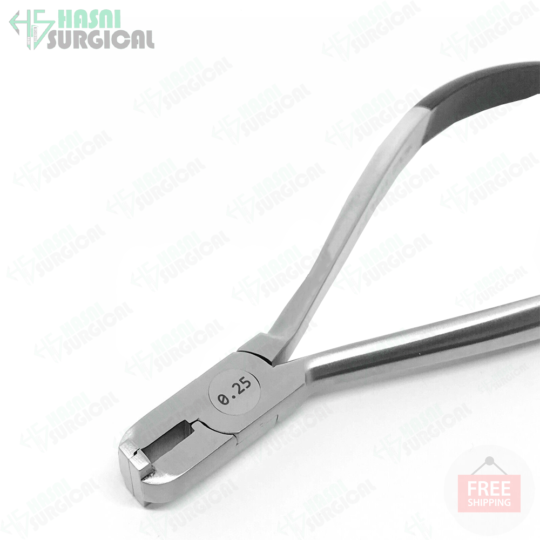




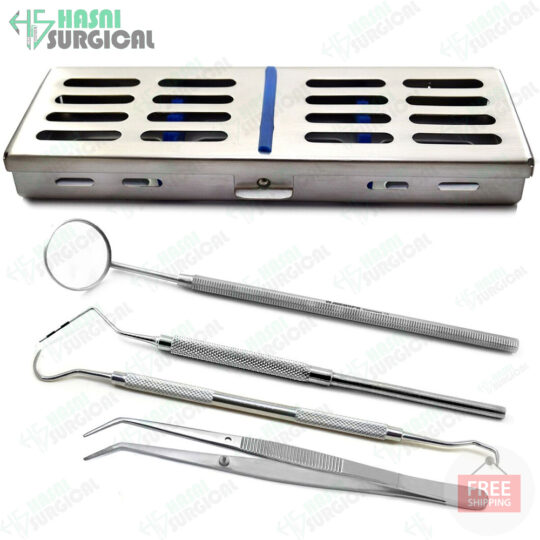
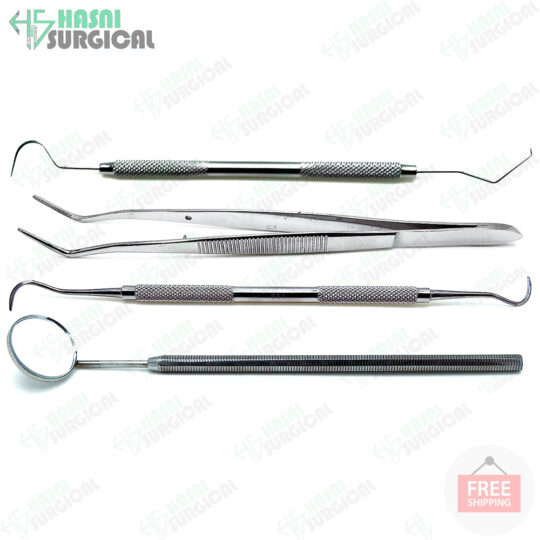
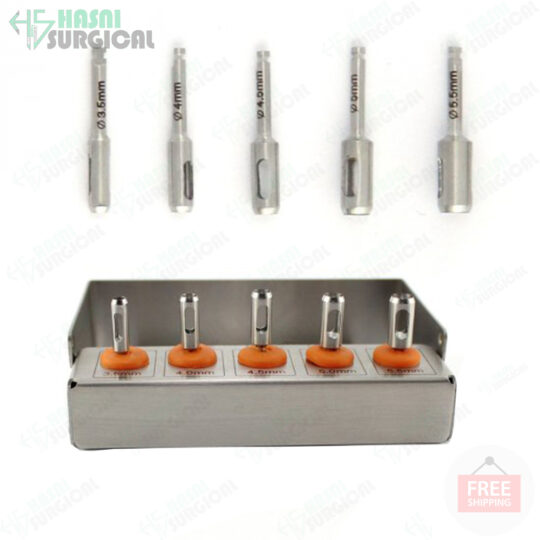

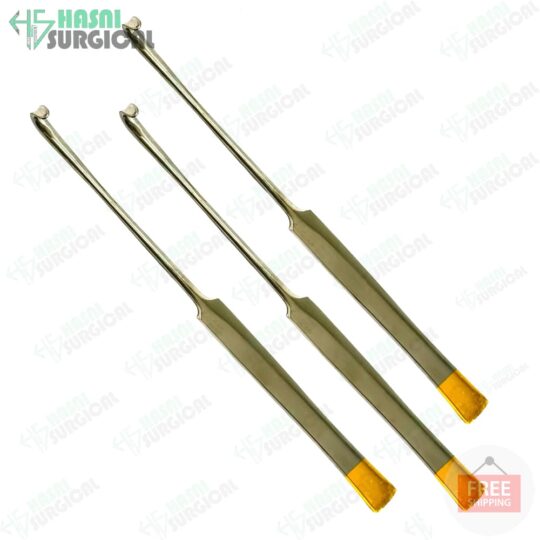
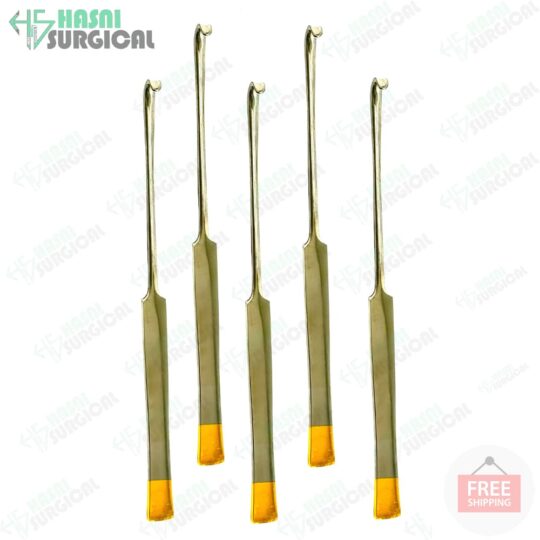

Reviews
There are no reviews yet.